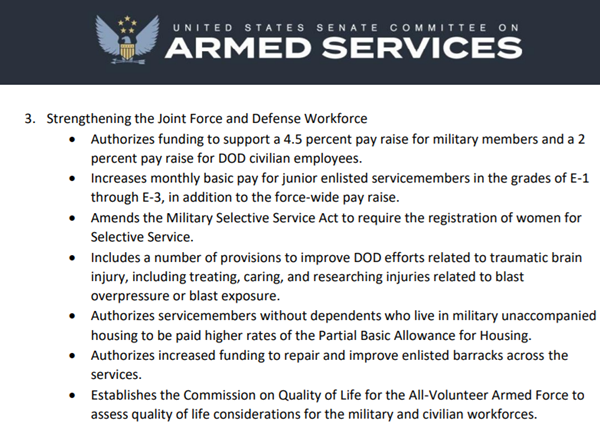Here’s Why Zuckerberg Won’t Lose His Job Any Time Soon
Equifax, eBay, Yahoo, Target — if you patronize these companies and do business online, there’s a chance your data was exposed in one of the largest breaches of the 21st century. Thinking Facebook should be on that list? Here’s why it’s not.
Facebook is indeed guilty of exposing data about 50 million users without their authorization, but the people who acquired that data didn’t hack a single line of code. Instead, they hacked the system. They used social engineering in the most apropos setting you can imagine: the world’s biggest social network.
The plan worked. It might seem like Facebook is in hot water now, but don’t go looking for sweat on Mark Zuckerberg’s gray T-shirt. The boy-wonder CEO has one hell of a get-out-of-jail-free card.
Stolen, Fair and Square
The flurry of media coverage around Facebook’s “involuntary sharing” of data on 50 million user accounts has seen research firm Cambridge Analytica thrust into the limelight. It’s important to understand that Cambridge Analytica and Facebook aren’t new friends.
The groundwork for Cambridge's massive data mining effort was laid in 2015 when the company first distributed a survey to roughly 270,000 Facebook users. Survey participants received a small compensatory fee and were made aware that their data was being submitted. What they didn’t know was that Cambridge had rigged the survey to collect data from every one of their friends as well.
Soon, the company had amassed a body of information that spanned 50,000 user accounts. Facebook hesitated in its response. This was not a breach, but the social network’s top brass knew they were being played. Cambridge had exploited a loophole in Facebook’s privacy policy. There was no criminal element in what Cambridge did, but what about Facebook?
Facebook’s Misdirection Act
Users of the popular social network have often been cautioned about the dangers of overexposing themselves on what is essentially a public forum. Facebook has consistently added to its privacy features in efforts to make people feel secure. However, if you take a step back from your newsfeed, it’s clear to see that everything you do while logged into the college-derived intranet fuels Facebook’s data harvesting mission.
What is clear now is that despite understanding the gravity of what Cambridge Analytica had done — which became even more severe after the data collected was found to have been shared with Donald Trump’s 2016 presidential campaign — Facebook didn’t choose to change privacy policies or alert the users whose data was acquired indirectly.
It’s only now, three years after the fact, that we’re seeing the Facebook executive team take ownership of what happened. Yes, there’s an updated privacy policy in place, but it mostly affects brand affiliation in posts. Zuckerberg has parted with his typically secluded ways to make appearances in the media and explain what's being done to fix things, but what we have here is the corporate version of "ask forgiveness, not permission."
It’s Good to Be King
Zuckerberg is precisely the person who should be taking ownership of the misgiving. With Facebook’s stock taking a dive and a #deleteFacebook campaign that was bound to happen sometime reaching peak trendiness, you would be forgiven if you thought Zuck might be quaking in his boots.
However, when you build a company from the ground up, it only makes sense to cover your own butt. Thanks to a stock strategy that gives Zuckerberg 87 percent control of the company, with his eight board members and the public dividing up the remaining 13 percent, the only way Zuck could lose his job is if he votes himself out.
That doesn’t mean Facebook is off the hook. The FTC is pursuing damages from Facebook that could be as high as $40,000 per day per user whose information was divulged. Facebook's chief privacy officer is expected to step down. Zuckerberg remains untouchable, and ultimately this is a demonstration of just how much he can now get away with.
Facebook duped the public and Cambridge Analytica duped Facebook, but who ultimately pays the price? Essentially, it’s the users. If this is any indication of what we can expect as our lives become increasingly interwoven with the fabric of social media, you might want to consider logging off.



